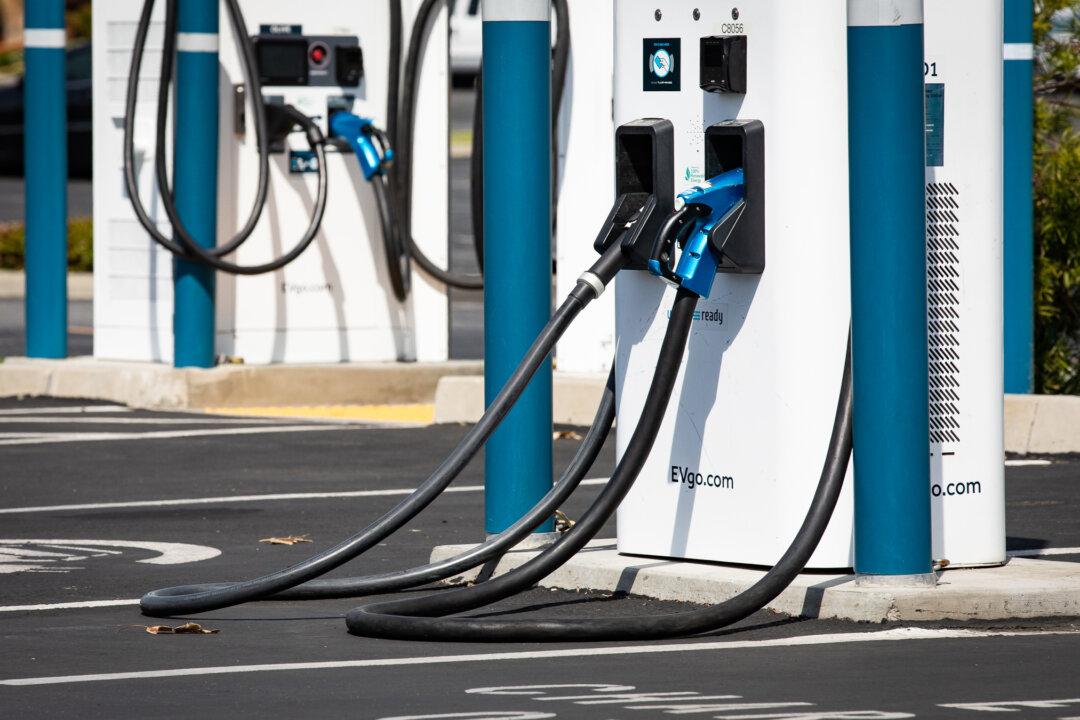Nearly three-quarters of Floridians believe electric vehicle (EV) owners are not paying their “fair share” of funds needed to build and maintain the state’s extensive roadways, according to a new poll.
The poll conducted by Cygnal found that almost 73 percent of Floridians believe EV drivers should pay vehicle registration fees to recover the lost fuel taxes they do not pay. It is unfair, say 72 percent, that these fees are not already in place.





